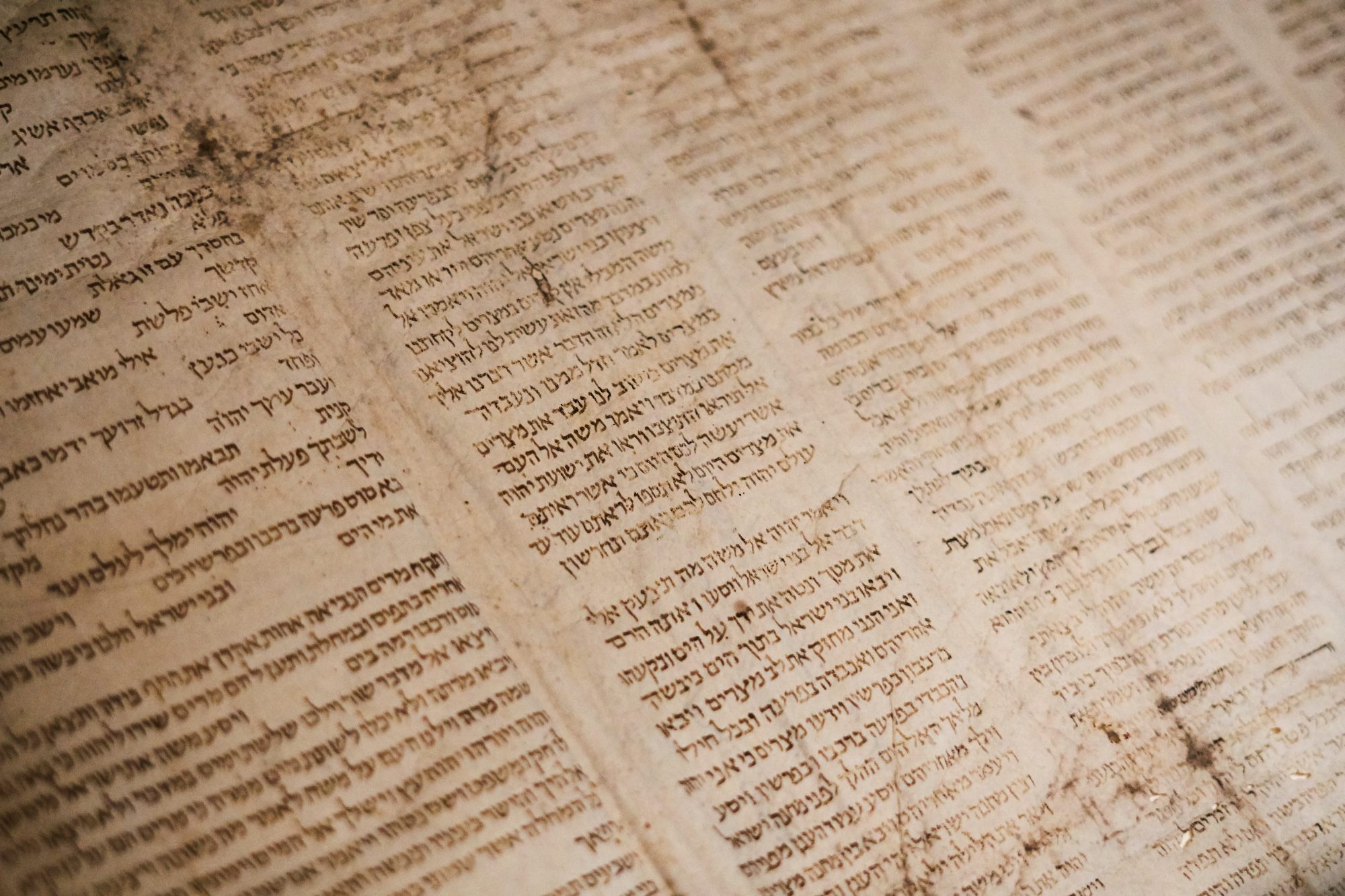One advantage of having the Bible as a written document is the promotion of literacy. And it has been an instrumental factor in promoting literacy across many cultures.
The rise of literacy of the English language can be largely attributed to the Bible.
Just 70 years before William Shakespeare put pen to paper, there was no viable written English language. Scholars and academics at universities and professions in business and law spoke Latin, the universal language of the day throughout England and Europe. The king and nobility spoke Norman French. English peasants, a marginalized people group of that time, who spoke a throw away language, English were seen as beyond reach of the Gospel.The first English translation of the Bible was done in the 14th century by John Wycliffe. William Tyndale took English translation to a whole new level by doing an excellent translation of the Bible creating modern English. Translating from Hebrew and Greek, his translation was accurate and at times poetic and memorable. Caught, tried and sentenced to death, his dying wish as he was burned at the stake was “Lord! Open the King of England’s eyes.” The following year King Henry VIII allowed English Bibles to be distributed in England. Then, in 1539, Henry VIII allowed publication of “the Great Bible,” which included Tyndale’s translation.
Even more amazing is that in a period of 100 years reading and writing English among males in England went from about 5 percent of the population to 25% eventually reaching 40% of the population. By 1770, shopkeepers were 95% literate. Literacy in England is directly attributable to the Bible.
https://www.washingtontimes.com/news/20 … n-literac/
During colonial America, the Bible was fundamental in the high literacy rate, primarily due to the Puritans.
Puritan emphasis on literacy largely influenced the significantly higher literacy rate (70 percent of men) of the Thirteen Colonies, mainly New England, in comparison to Britain (40 percent of men) and France (29 percent of men).The Puritans valued education, both for the sake of religious study (they demanded a great deal of Bible reading) and for the sake of citizens who could participate better in town meetings.
https://en.wikipedia.org/wiki/Education … n_Colonies
Dr. Lawrence A. Cremin, distinguished scholar in the field of education, said that during the colonial period the Bible was “the single most important cultural influence in the lives of Anglo-Americans.”
https://fee.org/articles/education-in-colonial-america/
Most of the colleges formed were for religious training, with the Bible as a core text.
“Religious denominations established most early colleges in order to train ministers. In New England there was an emphasis on literacy so that people could read the Bible.”
https://www.k12academics.com/systems-fo … on/history
The Puritans who founded Harvard in 1636 intended to train clergy primarily and civil servants secondarily. Ministers led colonial Harvard and made daily prayer and study of classical languages and texts central, including the Old and New Testaments in their original languages.
https://christianhistoryinstitute.org/m … e-ivy-vine
The history of Yale College and University begins in the mid-1600s when some Puritans broke away from the Massachusetts colony and formed their own Bible-based settlement in the Hartford area of Connecticut.
https://www.allabouthistory.org/history-of-yale.htm
Princeton was originally founded with the goal to train ministers and later branched into liberal arts and sciences.
https://en.wikipedia.org/wiki/Princeton_University
The New-England Primer was the principal textbook of colonists and early Americans. And this book was based primarily on the Bible and is often called “the little Bible of New England”.
The New England Primer was the first reading primer designed for the American colonies. It became the most successful educational textbook published in 17th-century colonial United States and it became the foundation of most schooling before the 1790s.
https://en.wikipedia.org/wiki/The_New_England_Primer
You can read the primer for yourself and see how much of it comes from the Bible:
https://www.sacred-texts.com/chr/nep/1777/
https://debatingchristianity.com/forum/viewtopic.php?p=1054299#p1054299
